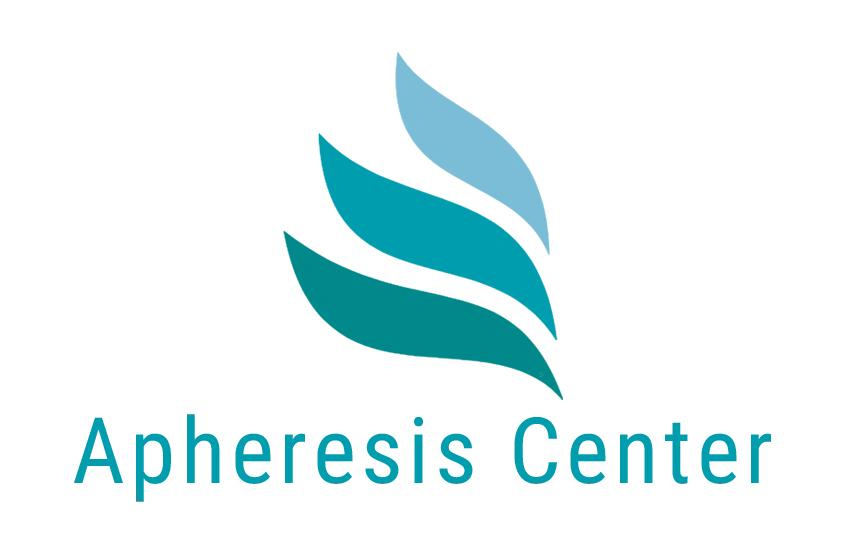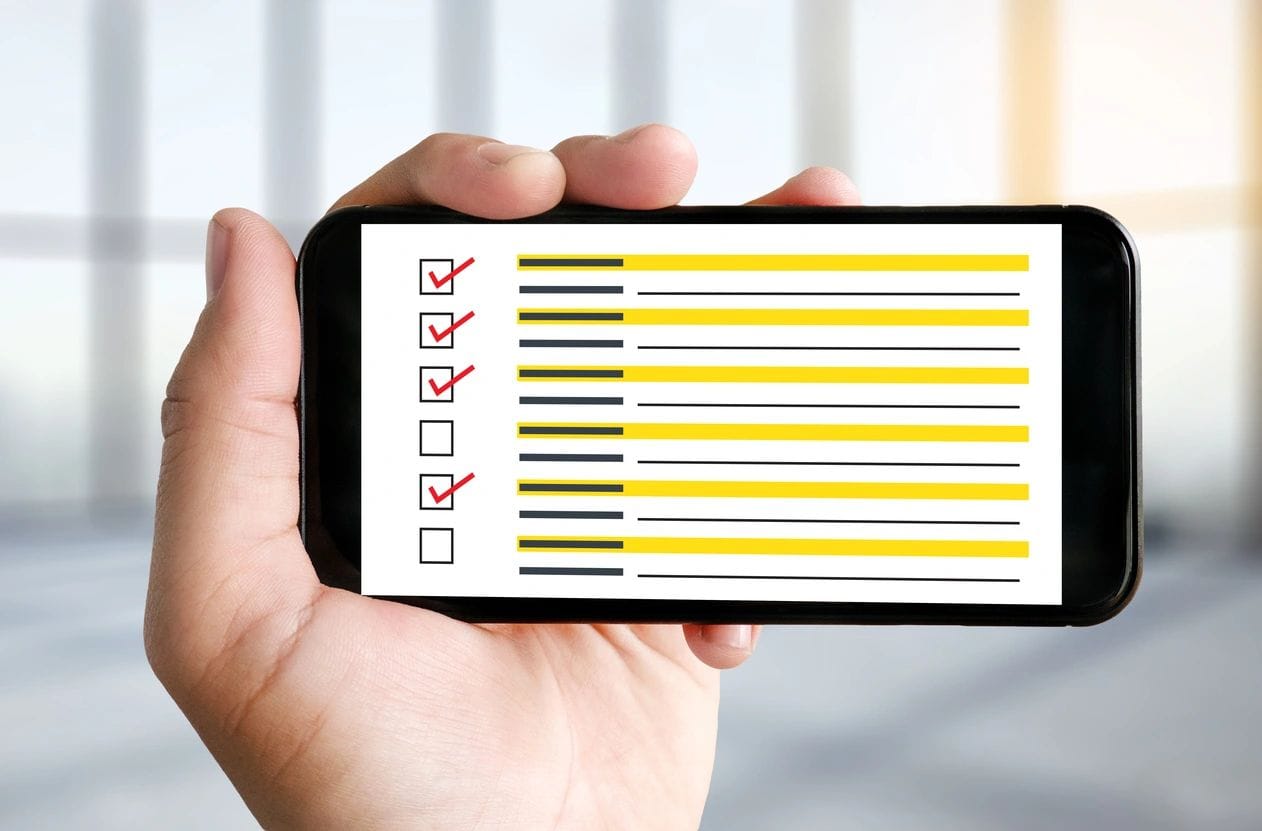著者タニヤ・ヴァルザー
Long COVID recovery can feel like a marathon without a finish line. With fluctuating symptoms, fatigue that doesn’t go away with rest, and a frustrating lack of answers, it’s no wonder so many people feel overwhelmed. While much of the focus understandably falls on physical healing – nutrition, pacing, gentle movement – there’s a powerful and often underestimated piece of the puzzle: stress management. Managing stress isn’t a “nice to have” add-on. It’s a central pillar of your healing process.
この記事では、慢性的なストレスがロングCOVIDリカバリー中の身体にどのような影響を与えるのか、休息と神経系の調整を優先することがこれまで以上に重要な理由、そしてストレスを軽減し、身体の治癒能力をサポートするための穏やかで現実的な戦略をご紹介します。
ストレスと症状のループ
If you’re living with Long COVID, you’re likely familiar with the boom-and-bust cycle: a few better days followed by a crash that sets you back. Stress – whether emotional, physical, or environmental – can play a big role in triggering these crashes.
ストレスを感じると、私たちの身体は「闘争か逃走」モードに入り、コルチゾールやアドレナリンといったホルモンが分泌される。この反応は短時間であれば役に立ちますが、ストレスが慢性化すると有害になります。ストレスが続くと、身体は警戒心を高めた状態に保たれ、休息や修復の際に起こる深い癒しが妨げられてしまう。
For those in Long COVID recovery, this stress response can worsen fatigue, brain fog, sleep problems, and even pain. The body stays locked in survival mode, prioritising immediate threats over long-term repair. That’s why calming the nervous system – gently and consistently – can be one of the most impactful things you do.
長期のCOVID回復にストレスマネジメントが不可欠な理由
The nervous system acts like the body’s internal switchboard, constantly sending and receiving signals. In chronic illness, this communication gets disrupted. Long COVID seems to dysregulate multiple systems at once – including the immune system, autonomic nervous system, and endocrine system. Stress intensifies this disruption.
ここでは、ストレスがロングCOVIDの回復にどのような影響を与えるかを説明する:
- Inflammation increases: Chronic stress promotes inflammatory processes, which are already elevated in many people with Long COVID.
- Sleep quality declines: Stress makes it harder to fall and stay asleep – robbing your body of one of its most important healing tools.
- 消化器系の問題の悪化:ストレスは消化と栄養吸収を悪くし、組織の修復やホルモンの調整に必要なものを体内に取り込みにくくする。
- Energy production suffers: Mitochondria – the powerhouses of your cells – don’t work well under chronic stress, contributing to the crushing fatigue so many experience.
すべてのストレスをなくすことではありません(そんなことは不可能ですし、そうしなければならないというプレッシャーがさらにストレスを増やしてしまうこともあります!)。その代わりに、神経系を休息と消化の状態に穏やかにシフトさせ、治癒が起こりやすい状態にする方法を見つけることです。
実生活におけるストレスとは
ストレスは必ずしも劇的なものではない。多くの場合、ストレスは微妙だが持続的な形で現れる。考えすぎたり、常に症状について調べたり、将来について心配したり、日々の要求に追いつくために疲労を押し殺したりするのだ。
これらのどれかに心当たりがあるとすれば、それはあなただけではない:
- 休むことに罪悪感を感じる
- 回復のために「十分」なことをしていないと心配する。
- 一日の大半、身体に緊張を感じる。
- 眠ろうとすると心が騒ぐ
- 感情的にもろい、または圧倒されていると感じることが多い。
どれも失敗の兆候ではない。神経系が残業しているサインなのだ。良いニュースは?小さなことでも、神経系を落ち着かせることはできる。
神経系を落ち着かせる:実際に何が役に立つのか?
You don’t need to overhaul your life or spend hours meditating to make a difference. In fact, small, consistent actions are often more effective – and sustainable – than dramatic changes. Here are some nervous-system-friendly practices that support Long COVID recovery:
1.安全で癒されるブレスワーク
Try breathing out longer than you breathe in – for example, inhale for 4 counts, exhale for 6. This activates the parasympathetic nervous system (the calming part of your nervous system) and can help bring your body out of stress mode.
1日数回、2~3分でも効果がある。
2.情報との境界
It’s easy to fall into research spirals when you’re looking for answers. But consuming too much information – especially when it’s conflicting or alarmist – can spike anxiety and worsen symptoms. Set time limits on symptom research, or take breaks from social media and forums if they leave you feeling drained.
3.癒しの儀式
心から安らげると感じるものをいくつか見つけ、それを頻繁に繰り返す。温かいお風呂、お気に入りのハーブティー、柔らかい音楽、見慣れたテレビ番組などでもいい。儀式は、繰り返しと親しみによって、脳が安心するのを助ける。
4.たとえ微量であっても、自然
Spending time in nature – even just sitting in a garden or watching trees through a window – can regulate the nervous system. If you’re too unwell to go out, try listening to nature sounds or watching calming nature videos.
5.感覚を通したグラウンディング
触覚、視覚、聴覚、嗅覚を使って、自分の身体に意識を向ける。例えば、滑らかな石を持ったり、毛布の肌触りを感じたり、ラベンダーのような心を落ち着かせるエッセンシャルオイルを吸ったりする。こうした感覚的な体験は、あなたを今この瞬間に固定し、脳をストレスから解放するのに役立ちます。
6.セルフ・コンパッション
One of the most healing practices is being kind to yourself. Long COVID recovery is not linear. There will be setbacks. Instead of beating yourself up, practice gentle acceptance: “I’m doing the best I can with the energy I have today.”
ストレス解消のために疲れすぎたら?
That’s okay. Many stress management strategies can be adapted to your energy levels. If even meditation feels like too much, try “non-doing” – simply lying down in a quiet space with no expectations. Let your body rest without a goal. That in itself is powerful.
全体像安全の創造
At the heart of all stress reduction is this question: “How can I help my body feel safe?”
Your body can’t heal when it’s bracing for a threat. Long COVID already puts it on high alert. Each moment you offer it a cue of safety – whether through a soothing sound, a loving thought, or a moment of rest – you’re nudging it toward repair.
Stress management isn’t separate from Long COVID recovery. It is recovery. It’s the fertile soil in which your healing can take root.
If you’re navigating the ups and downs of Long COVID recovery, remember that your body is trying – every single day – to find balance again. Reducing stress isn’t about doing more. It’s about doing less, more gently, and more intentionally.
小さく始める。落ち着く呼吸をひとつ。罪悪感のない昼寝をひとつ。自分への優しい言葉をひとつ。時間が経てば、こうした瞬間が積み重なっていく。
あなたは壊れていない。あなたは癒されている。
If you’re curious about how functional medicine health coaching could help in your own Long COVID recovery, Tanja offers a free 20-minute conversation to explore what next steps might feel most supportive for you. Click here to book a time that suits you.


